Civic Education as a collective asset
When it comes to decision-making processes, civic education is a key element to produce intelligent and responsible citizens, able to transforming their socio-political contexts while exercising their rights. One of the most remarkable elements considered as a byproduct of our program is the civic competence. Defined as a perception of the effectiveness of individual capacities, the civic competence serves as a tool for empowering the individuals to get in control of their lives, as well as of their surroundings, based on motivation, responsibility, and autonomy.
Civic competence is based on knowledge of the concepts of State, Democracy, Justice, Civil Rights, Governance, Society and the Rule of Law. In addition, these skills relate to the ability to engage effectively the organizational approach displaying values such as cooperation and solidarity aiming common interests.
AFDES civic education programs include lectures, seminars, project development, and basic and advanced political education led by an experienced professional in the technical and academic field in political and social sciences. Having previously participated in civic empowerment programs across Latin America, The American Foundation for Democratic Stability has been working in both, private and public spheres to help citizens to change their lives.


Civic education starts with people’s own experience and ideas about their role in society. However, advancing in this process requires to cultivate citizens’ interest in community involvement. Therefore, AFDES uses questioning methods using different techniques to assess individual and collective impressions on different topics related to governance, rule of law, participation, and justice.
An ideal civic lesson should be student driven. This means subjective knowledge is fundamental to be able to identify and overcome socio-political phenomena such as incompetence and apathy. Judging by different and complex realities AFDES focuses in both small communities and big audiences which necessarily requires a prior study and analysis. The ultimate goal is developing a critical aspect of civic engagement.
It is nearly impossible to think about our complex realities without considering interdisciplinary methods. AFDES understand the scientific interconnection between key elements within modern societies and offer a chance to explore the implication of different scientific fields departing from theoretical and applied approaches in social science to high-tech experimental initiatives. This stage allows citizens to substantially evaluate information and events from different standpoints in the decision-making process.
The expansion of civic education across many disciplinary fields points out its integral character. This helps to transmit the idea that despite diverse roles and functions we are called to contribute and participate. In this sense, our civic awareness programs capacitate individuals and groups, regardless of age, sex, race, religion or political preference, to take an active role in society.
We not only partner with communities and non-profit organizations but also with public institutions. Institutional crisis is rapidly expanding across the continent producing political instability, which quite often leads to democratic collapse. It is AFDES’ purpose to advocate for the reinforcement of civic education face to social, political and economical challenges in the 21st century.




